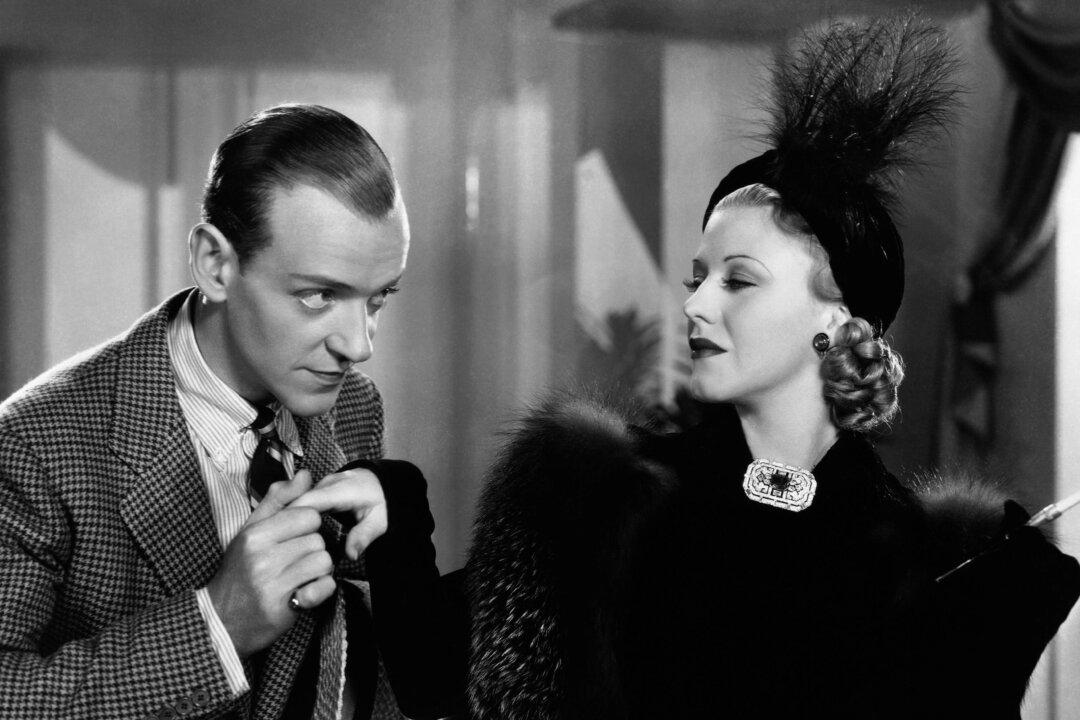Commentary
Some movies are very inspiring and uplifting, obviously full of good messages. We expect Frank Capra movies to teach valuable moral lessons. However, many less serious movies can contain inspiring scenes. Even comedies may include one or two moments of movie wisdom which can be applied to our lives today.





